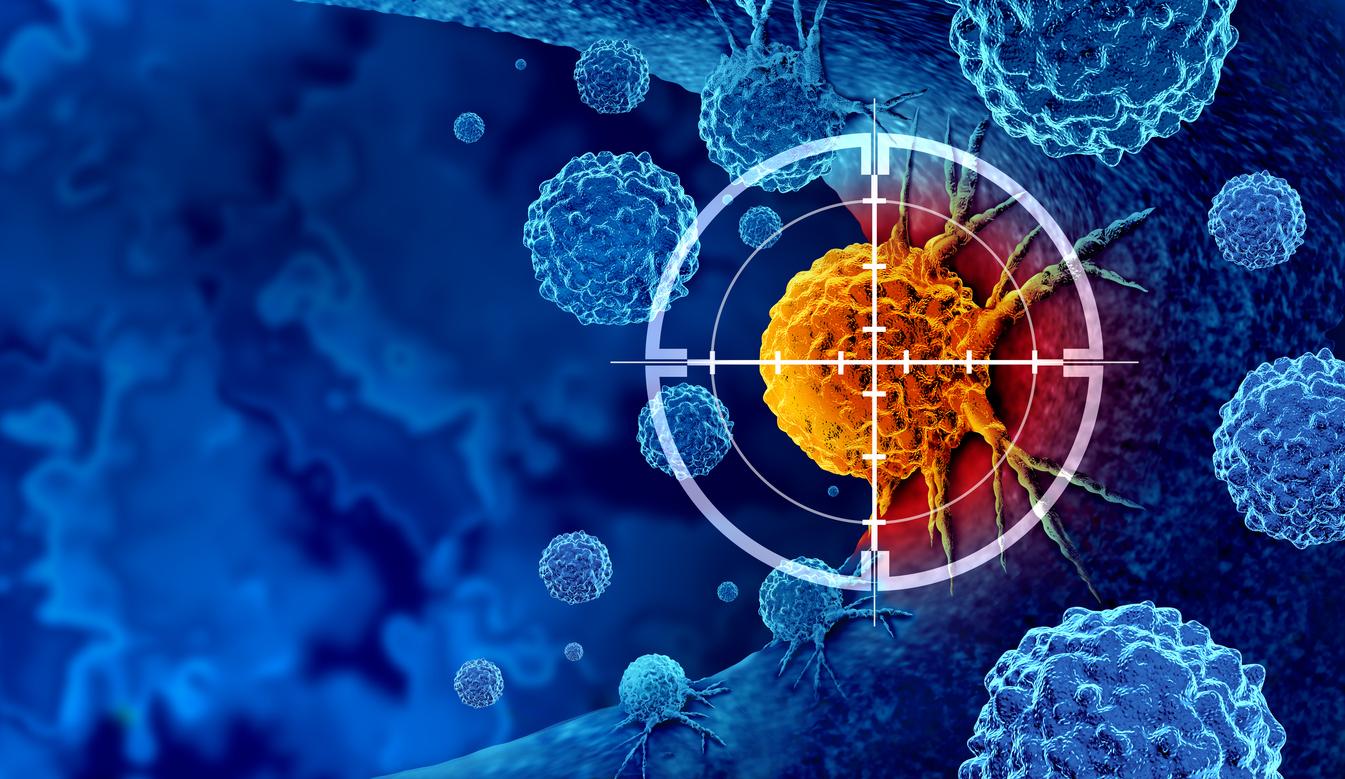A dog parasite, harmless to humans, could become a potential treatment for resistant cancers.

- According to Inserm, immunotherapy would be effective in 20 to 40% of patients.
- This technique is also used to stimulate the immune system against infectious agents, such as viruses.
One in six deaths worldwide is linked to cancer, according to theWorld Health Organization. Although the disease is now better known, and there are more treatments, some cases remain difficult to treat. Around the world, scientists are working on new therapeutic methods, including immunotherapy. “In less than ten years, immunotherapy has revolutionized the management of certain cancers considered incurable, remind her Foundation for medical research. These new drugs do not destroy cancer cells themselves, but help the immune system to do the job, effectively and sustainably.” These are often modified viruses, which can cause significant side effects. At the University of Tours, a scientific team is following another lead: that of a micro-organism that is not pathogenic for humans. , which could help treat incurable cancers. Tea Conversationthe authors, Arthur Battistoni and Françoise Debierre-Grockiego detail their research.
A canine parasite to destroy cancer cells?
Called Neospora canine, this parasite can be dangerous in dogs, but it is completely harmless to humans. It has interested researchers because it can multiply in human cells. “Like viruses used in immunotherapy, N. caninum can destroy the cells it infectsthey explain. It induces a strong cellular immune response, sought to fight cancer. These two characteristics therefore make it a relevant candidate for antitumor immunotherapy.“To test its effectiveness, the researchers used it in a trial conducted on mice with cancer of the thymus (a gland located in the thorax), a mild form of the disease.”The interest of this model is to provide proof of the anti-cancer efficacy of N. caninum before testing it on models of cancer refractory to existing treatments”add the specialists.
The three effects of NOT. canine on cancer cells
In their trial, the parasite showed interest in the treatment of cancer. First, it helped destroy cancer cells, because the microorganism multiplied inside them. “N. caninum was detected in other cells, but did not persist or cause damage“, specify the authors. The parasite also generated an immune response of the cells, which contributed to the destruction of other tumor cells, not infected by the parasite. Finally, the researchers observed the beneficial effects of the parasite on the tumor environment.”Tumors persist in the body because they are notably capable of ‘putting to sleep’ the immune system within them, by forming a so-called immunosuppressive micro-environment, which promotes their development., they explain. In the presence of NOT. caninethe markers of this immunosuppressive environment are present in small quantities.
Future studies to test the parasite’s effects on other cancers
After these initial conclusive results, researchers must continue their research on other, more resistant types of cancer, and observe the effects of the parasite on the body. “N. caninum was no longer detectable at the end of the experiments. Although humans are not susceptible to infection by N. caninum, its elimination by the immune system must be confirmed before considering a therapeutic use.“, they warn. Their hope is to one day use this treatment in the case of incurable cancers such as glioblastoma, a serious brain tumor.

















